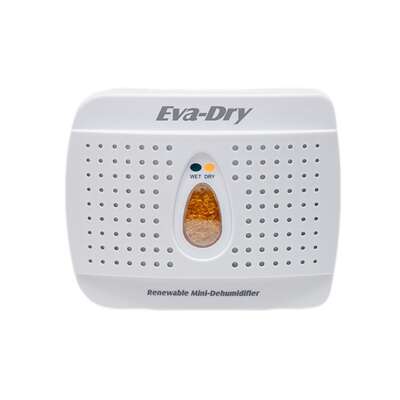view the rest of the comments
3DPrinting
3DPrinting is a place where makers of all skill levels and walks of life can learn about and discuss 3D printing and development of 3D printed parts and devices.
The r/functionalprint community is now located at: !functionalprint@kbin.social or !functionalprint@fedia.io
There are CAD communities available at: !cad@lemmy.world or !freecad@lemmy.ml
Rules
-
No bigotry - including racism, sexism, ableism, homophobia, transphobia, or xenophobia. Code of Conduct.
-
Be respectful, especially when disagreeing. Everyone should feel welcome here.
-
No porn (NSFW prints are acceptable but must be marked NSFW)
-
No Ads / Spamming / Guerrilla Marketing
-
Do not create links to reddit
-
If you see an issue please flag it
-
No guns
-
No injury gore posts
If you need an easy way to host pictures, https://catbox.moe may be an option. Be ethical about what you post and donate if you are able or use this a lot. It is just an individual hosting content, not a company. The image embedding syntax for Lemmy is 
Moderation policy: Light, mostly invisible

The one in OP's picture is one such device. You plug it directly into the wall and it heats up. No fan though, just passive convection
Oh, so the OP's question is about using recyclable beads instead of single-use ones?
I though it was a machine that forced air into the beads.
I didn't realize that the desiccant beads were able to be dried out. I thought they were single use. I have a bunch in the bottom of a Rubbermaid tote with a rubber foam sealed lid along with my filament. I don't know how to tell when the beads are "full" and started thinking about a more recyclable approach. After thinking about it a bit, I should probably get a humidity meter.
The ones that are sold for single-use tend to break into pieces when they absorb too much water.
The ones intended to be reused normally have some mechanism to tell you they are "full", like changing colors.